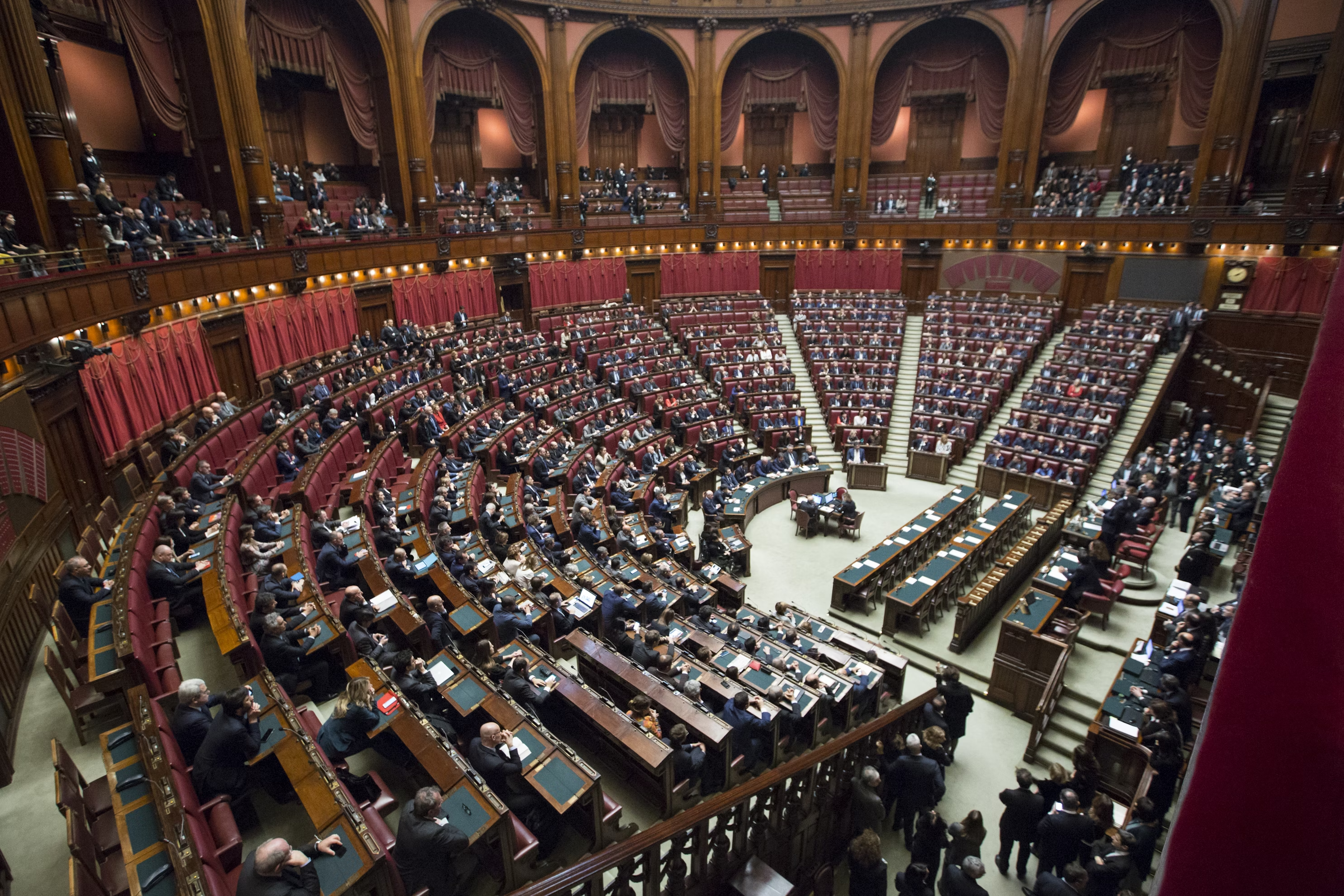The World Economic Forum’s Global Gender Gap Report ranks Nigeria among the bottom ten countries for political empowerment, at 136 out of 146, which is a stark indicator of gender inequality. This crisis could worsen with the Nigerian Senate’s proposal to repeal the Violence Against Persons Prohibition (VAPP) act, the country’s most comprehensive gender-based violence (GBV) law. The VAPP Act protects against GBV, rape, and non-physical abuse, and it criminalizes harmful practices like female genital mutilation. Repealing it would erode vital protections for women and exacerbate existing disparities. Addressing these challenges requires a strategic approach that reforms discriminatory policies, dismantles certain cultural norms, and enforces laws promoting equity across all sectors.
The limited presence of women in political spaces is one of the major factors that widen gender disparity in Nigeria. Women’s representation in the National Assembly is dismally low, meaning laws and policies that affect their lives are often crafted without their input. The proportion of women in both chambers of Nigeria’s 10th National Assembly is under 5 percent. The ripple effects of this exclusion manifest in policies that inadequately address issues like domestic violence, economic empowerment, and reproductive health rights.
The lack of representation reinforces systemic barriers that keep women marginalized and undermines democratic processes by failing to reflect the full breadth of Nigeria’s diverse society. The solution lies in actively empowering women to pursue political leadership roles and fostering a system that encourages genuine involvement at decision-making levels. A focus on raising and empowering women through leadership training, networking opportunities, and mentorship programs ensures that the gender quota bill, which proposes special legislative seats for women at state and federal levels, advances merit-based representation. This initiative will ensure that the bill, which has advanced its second reading, will prioritize elevating deserving candidates rather than simply meeting numerical targets if enacted into law.
The government, civil society organizations, educational institutions, and women’s advocacy groups must take the lead in driving these empowerment efforts.
Nigeria’s legal framework includes progressive laws promoting gender equality and protecting women’s rights, such as the VAPP Act and the National Gender Policy. However, these laws often exist more on paper than in practice due to weak enforcement mechanisms, corruption, and a lack of political will. This ineffective implementation renders the protections and rights promised by these policies largely inaccessible to those who need them most.
Proactive measures must be taken to close the gap between policy creation and implementation. The measures include building the capacity of institutions responsible for enforcing gender equality laws, increasing accountability, and ensuring the allocation of resources necessary for execution.
Civil society organizations (CSOs) and community advocates should work with government agencies to monitor compliance and push for systemic reform of gender laws. Strengthening accountability mechanisms and ensuring justice for GBV survivors when seeking legal redress, for example, will set a precedent that demonstrates Nigeria’s commitment to upholding women’s rights. Transparency, regular audits of the government agencies and CSOs, and community feedback mechanisms are essential components for effective enforcement.
The proposed repeal of the VAPP Act serves as a stark reminder of the urgency of Nigeria’s gender equity crisis. Addressing this crisis requires more than just words; it demands action through policy reform, cultural change, and robust enforcement mechanisms. By empowering women to take up political roles, transforming cultural norms, and ensuring existing laws are implemented effectively, Nigeria can lay the foundation for an inclusive society that upholds the rights and dignity of all citizens. The path forward may be challenging, but with determined and sustained efforts, gender parity is not an unattainable ideal.
Balikis Anoba is a writing fellow at African Liberty.
Article first published in BusinessDay.
Photo by Marco Oriolesi via Unsplash.

